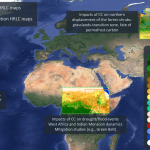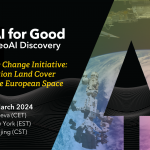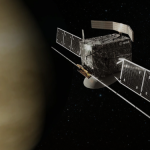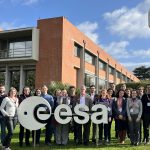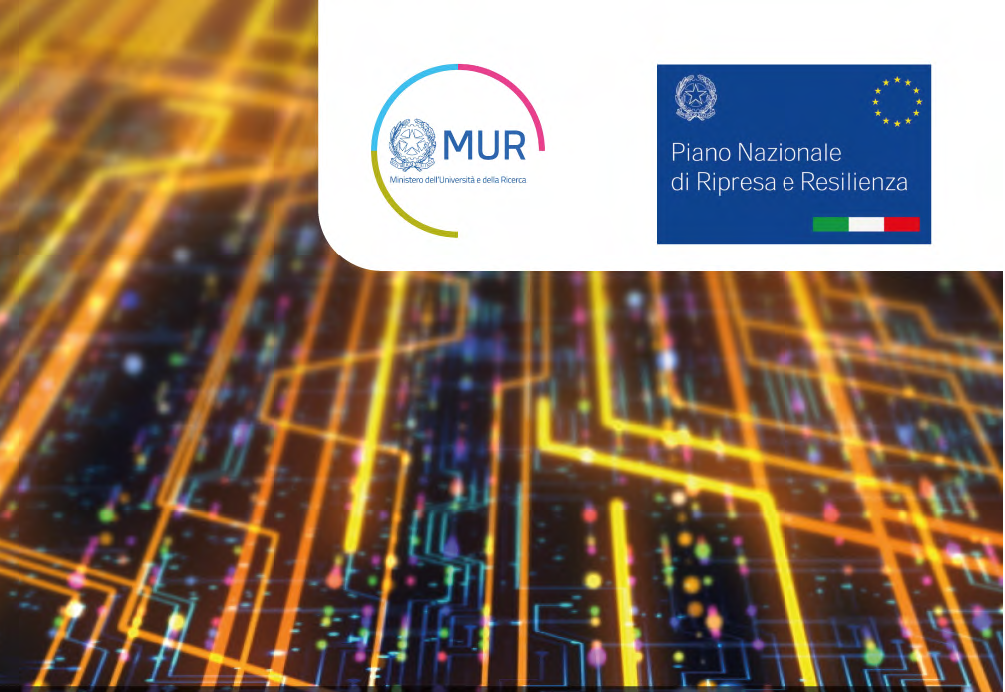
Project funded by the European Union (EU) – NextGenerationEU.
Climate change and its impact on countless sectors of society has enormously increased the demand for comprehensive, robust, timely and reliable climate data for decision making to inform adaptation and mitigation policies. In this context, the continued development and implementation of Earth System Models (ESMs) are key to address the complex challenges the society is facing in a changing climate. Simulations performed with ESMs cover a wide range of timescales and computation requirements set by time constraints for the solution, integrations length, spatial and temporal resolutions and increased complexity of the represented processes and interactions/feedbacks within the climate system. These challenges can be met only with the advanced hybrid computational systems at pre- and full exascale.
Towards this aims, the main goal of the spoke is to implement a digital infrastructure integrated in the HPC facilities made available through the ICSC National Centre that will: 1) assess and store robust data on the quality and health status of terrestrial and hydrosphere biodiversity and ecosystems, 2) facilitate the development and sharing of ESM components (e.g., models of the atmosphere, oceans, biogeochemistry, sea-ice, land-surface, vegetation, etc.); 3) facilitate the production and management of numerical simulations; 4) be a national asset available to the entire Italian community engaged in research, education and operational activities in the field of climate
predictions and climate change, positioning our country at the forefront of climate research.
The spoke activities will be aimed at the development of a shared interdisciplinary framework for advanced Earth system modelling and numerical experimentation. The framework will be based on digital infrastructures and smart workflows to streamline the production, facilitate the training, accelerate the understanding, and improve the quality of climate simulations and predictions. The implementation of the activities will contribute to the long-term sustainability approach promoted by the ICSC National Centre, also exploiting the industrial partnerships. In coherence and synergy with the European strategic agenda of Horizon Europe, Destination Earth and “A European Strategy for Data”, activities will include, but are not going to be limited to:
- develop, optimize and share components and parametrizations for a new generation of high-resolution ESMs enabled by the large computing infrastructure;
- exploitation of large data sets of observations with digital technologies through the convergence of novel high-performance computing, big data, and artificial intelligence methodologies;
- development of end-to-end capabilities including increase in observations, assimilation, prediction, post-processing, and data handling needed to address near-term and long-term impacts together with evaluating the likelihood of high-impact-low-probability events and tipping points.

